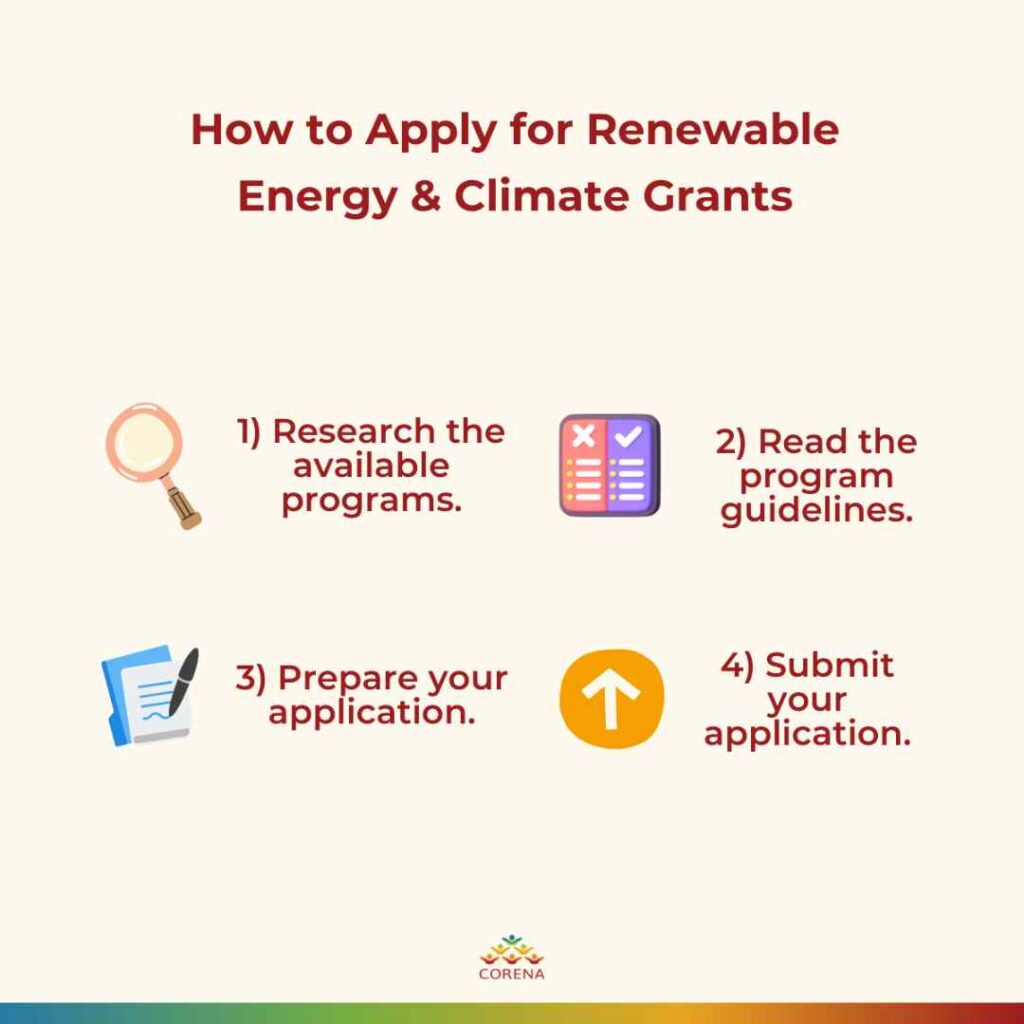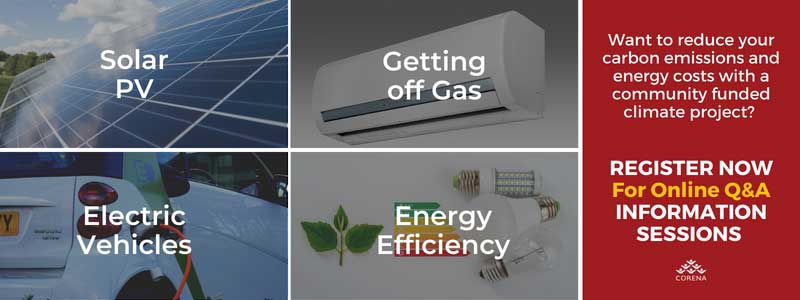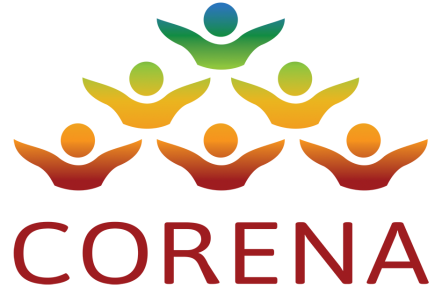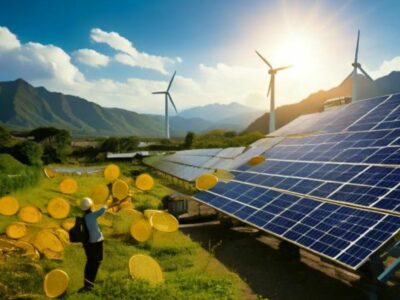In Australia, there are a number of renewable energy grants, incentives, rebates and funding programs available to help businesses, non profit organisations, and individuals with decarbonisation and to transition to clean energy. However, with non profits being so time poor and so many options available, it can be difficult to know what’s worth applying for and what’s relevant to your organisation. Many non profits are also focussed on finding funding to achieve their own mission and may not be aware how renewable energy or energy efficiency grants could be used to reduce their ongoing energy bills.
What is the difference between renewable energy grants and funding?
Renewable energy grants are typically one-off payments that do not need to be repaid. They are often awarded by government agencies or non-profit organisations to support specific renewable energy projects.
Renewable energy funding, on the other hand, can come in a variety of forms, including loans, rebates, and tax credits.
What types of renewable energy and energy efficiency funding are available?
Grants – many State and Local Governments offer grants for community organisations that can be used for climate projects. In addition to the grants listed below check your local government website for their local community grant program. While usually aimed at general community initiatives, these can often be used to fund small scale solar systems or energy efficiency upgrades.
Rebates – many State Governments offer rebates as an incentive to purchase energy efficient equipment or electric vehicles. The current electric vehicle rebates available in some states are a great example of this.
Certificates – Some “rebates” are technically not rebates at all. They come in the form of renewable energy or energy efficiency certificates. These are usually programs that are established by governments who purchase certificates that are created when you install certain technologies. You as the owner assign the certificates to the installer which they sell and that allows them to give you a discount on your install price. The certificate you would have most likely heard of is Small Scale Technology Certificates or STCs which is what most solar systems are eligible for. You should see the number of STC’s and their price listed on your solar quote as a discount. The Victorian Business Energy Upgrades program and NSW Energy Saving Scheme also use the generation of certificates creating VEECs and ESC’s respectively.
How to Apply for Renewable Energy & Climate Grants
The process of applying for renewable energy grants and funding can vary depending on the program. However, there are some general steps that you can follow:
- Research the available programs. There are a number of renewable energy grants and funding programs available in Australia. Do some research to find the programs that are most relevant to your needs.
- Read the program guidelines. Each program will have its own eligibility criteria and application process. Be sure to read the program guidelines carefully before you apply.
- Prepare your application. The application process will usually involve submitting a number of documents, such as a project proposal, financial statements, and letters of support.
- Submit your application. Once you have prepared your application, submit it to the program administrator.

Sustainability & Renewable Energy Grants, Incentives & Rebates Directory
Updated : 29/5/2025
State and territory governments offer various grant programs to support renewable energy projects in their respective regions. These current grants, incentives and rebates are open to non profits and small businesses for climate projects at the moment:
General sustainability/renewable energy/energy efficiency
- National – *NEW* Opens 1st July Cheaper Home Batteries Program.
- NSW Energy Savings Scheme
- NSW Metering and Monitoring Planning
- NT Home and Business Battery Scheme (closes 30th November 2025)
- ACT Sustainable Household Scheme (extended to non profits)
- VIC Solar for Community Housing
- VIC Business Energy Upgrades
- VIC Energy Efficiency in Social Housing
- TAS Business Energy Efficiency Scheme
- TAS Powersmart for small business (energy audits)
- QLD Ecobiz energy assessments
- National Rural – Foundation for Rural Regional Renewal (various grant programs)
- *NEW Engage and Deliver Small grants now open* National Rural – Foundation for Rural Regional Renewal (Community Led Climate Solutions)
- National – climates.org.au Grant Calendar
Electric Vehicles
- *NEW* NSW Electric vehicle fleets incentive: Competitive bid funding.
- NSW Electric Vehicle Fleet Kick Start Funding
- NT Electric vehicle and charger incentives
- *Closing 30th June* WA Charge Up Workplace
- SA incentives for Electric Vehicles (registration exemption ends 30th June)
Tips for Applying for Grants
- Start early. The application process for some grants and funding programs can be competitive. It is important to start early so that you have enough time to prepare your application.
- Get help. If you are not sure how to apply for a grant or funding program, there are a number of resources available to help you. You can contact the program administrator, or you can seek advice from a renewable energy consultant.
- Be persistent. Don’t give up if you don’t get a grant or funding program the first time you apply. There are many different programs available, and you may need to apply to several before you are successful.
Grants Alternative: CORENA’s Community Funding
While there are a number of renewable energy grants and funding programs available, and we encourage you to apply for them first if they are suitable, CORENA’s funding model is a unique and ideal solution for a number of reasons:
- Interest-free loans: CORENA offers zero-interest and zero fee loans to community organisations, non profit organisations, charities, and social enterprises for renewable energy and climate action projects. We also review your quotes but you are free to choose your own installer.
- Revolving fund: The loans are funded via donations and loan repayments from previous projects. This community funding model allows donations to be used over and over again, creating more and more impact over time.
- Co-funding – CORENA can offer a loan for the co-funding component of your project if this is a requirement of your funding application and a barrier to you applying.
- Unsuccessful grant applications – don’t let your hard work go to waste. If you have prepared a renewable energy project grant application but are unsuccessful you can bring your project to us.
- Non-competitive – CORENA’s loan application process is not competitive meaning we can work with you to develop a good project and, provided you meet our organisation and project criteria, are much more likely to be funded than via a grant program.
- Technical assistance – CORENA provides free technical assistance and advice to help you work through the sometimes confusing process of managing your energy use.
- Simple application process – we aim to minimise the work for you in applying as much as possible. We work with you to gather the information we need to assess your project.
- Flexible terms: CORENA offers flexible loan terms to meet the needs of your project.
- Community focus: CORENA is committed to supporting local communities that are working to make a difference.
Learn more in How CORENA Works
CORENA, can provide free technical advice and interest-free funding to qualifying organisations and communities looking to reduce their emissions and green their energy consumption.
Donations help us to provide funding for:
- Solar Panels
- Energy Efficiency
- Getting Off Gas
- Electric Vehicles
- A combination of the above
No interest is paid on CORENA loans, and the quarterly loan repayments are set to be a little less than the savings on operating costs averaged over a year. After the loan is fully repaid, loan recipients reap the full financial benefit of having lower energy costs.
Learn more in 5 Ways CORENA Helps Non Profits Reduce Carbon Emissions & Energy Costs
For further information, check out how to apply for a loan, or register for one of our upcoming Online Q&A Information Sessions.


